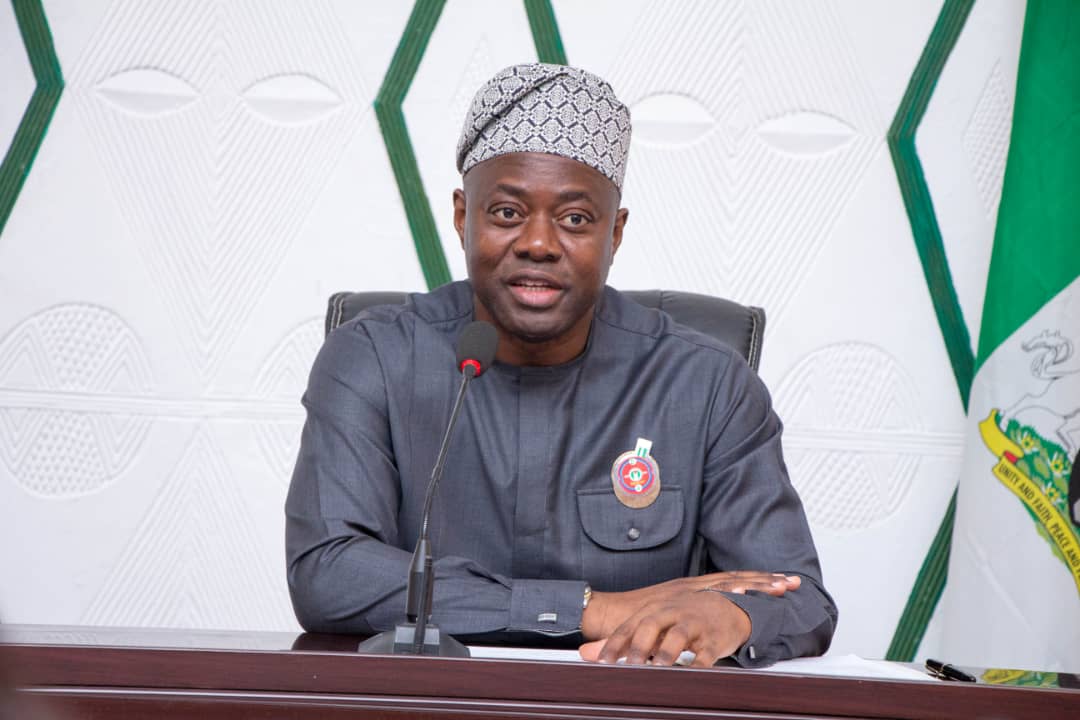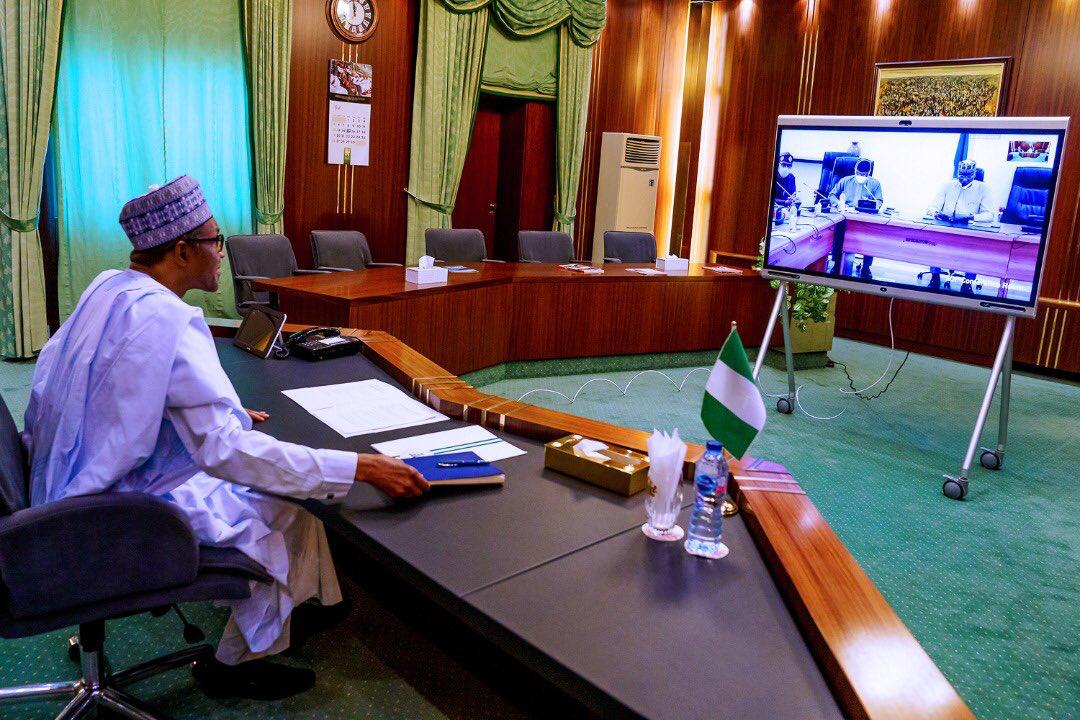BY OLAWALE OGUNDANA
Nigerians are understandably seeking palliatives to reduce the financial impact of the Covid-19 virus. Providing free electricity for two months at an estimated cost of N121 billion would however not be the best use of the government’s limited resources for the following reasons:
- Nigerians have more pressing needs such as medical equipment, medical supplies, and food for the poor.
- The state of the government’s finances requires prudence with her expenditures.
- Nigerians are already enjoying electricity subsidies at two levels.
- The largest benefit of free electricity would be enjoyed by the rich and middle class.
- With limited delivery capacity, more Nigerians are likely to enjoy power if everyone moderates consumption. This moderation will not happen with free electricity.
- Based on precedents, this palliative would likely be borne substantially by the private sector and serve as a disincentive to investment.
More important needs for available funds
The Covid-19 pandemic has had the following effects on the government finances in 2020.
- Oil prices have fallen by over 50%.
- The 2020 budget is being revised to reduce the benchmark oil price from $57 to $30 per barrel, and the benchmark production from 2.18 to 1.7 million barrels per day.
- Non-oil revenue is expected to decline substantially.
- In the revised 2020 budget, revenue is expected to be lower by N3.3 Trillion and the deficit is expected to grow by a corresponding N3 Trillion. The overall deficit is expected to be financed by more borrowing.
- The government plans to setup a N500 billion fund to strengthen healthcare infrastructure.
- The current social register is to be expanded from 2.6 to 3.6 million households. State governments are also executing programs to feed the poor. The federal and state governments clearly don’t have the resources to cater for all poor Nigerians. Now they are expected to include Nigerians who would normally not need food assistance, but now do because they are required to stay at home to avoid contacting and spreading the virus.
The N500 billion fund that was setup to strengthen the healthcare infrastructure is a necessary initiative to prevent Nigerians (who can be supported by care while their immune systems fight the virus) from dying needlessly. In addition, with no vaccine or cure for Covid-19, physical distancing is widely recognized as the most effective way to reduce/avoid the spread of the virus. Nigeria and other developing countries have come to realize that you cannot keep people who live on daily wages in their homes without providing food for them. The need for people to go out and make a living is frustrating the physical distancing efforts of the government. This implies that the government either needs to provide more food for poor families or allow a level of commerce that may not contain the spread of the virus. This clearly implies that scarce resources are better spent providing feeding than electricity. Since this is planet earth’s first experience with this virus, I don’t believe any country knows for sure what the total financial cost would be. The medical costs are far easier to estimate than the other economic costs. The Nigerian government therefore shouldn’t stretch itself too much and too early before realizing how long she needs to feed poor Nigerians.
Advertisement
In The December 2019 Minor Review of the Multi-Year Tariff Order 2015 and Minimum Remittance Order for the Year 2020 dated December 2019 (December 2019 Review), it was estimated that DisCos would supply 29,565 GWh of electricity in 2020 with an expected revenue of N1.3 trillion.
Two months’ supply of electricity would therefore be worth N210 billion. Based on the current subsidy regime, the government is already expected to bear about N89 billion of that amount over two months. The government’s finances are currently adjusting to crashing revenues, increased borrowing, increased healthcare spending and feeding costs. In this context, does the government really want to spend an additional N121 billion increasing the existing electricity subsidy that would be enjoyed more by the rich and middle class? Note that the amounts estimated here are likely to increase due to the devaluation of the Naira.
Government’s finances require prudence
Advertisement
The Nigerian government has been borrowing at levels that have concerned several financial watchers. In April 2020, Fitch Ratings downgraded Nigeria’s Long-Term Foreign-Currency Issuer Default Rating (IDR) to ‘B’ from ‘B+, with a Negative outlook. The primary reason was the pressure to Nigeria’s external finances following the slump in oil prices and the pandemic shock. They were also concerned about the increases in Nigeria’s debt and interest payment to revenue ratios following this shock. Standard and Poor’s (S&P) also downgraded Nigeria’s credit rating in March 2020. At the minimum, the downgrade will raise Nigeria’s cost of borrowing foreign currency in the near future. This implies that the government should carefully weigh any future spending that would increase deficits and borrowing. Further increasing an already existing electricity subsidy by N121 billion does not sound like an expenditure Nigeria can afford at this time.
Nigerians are already enjoying electricity subsidies
The price of natural gas to the power sector in Nigeria is regulated at $2.50/MMBTU. Some developed countries (including those with gas reserves) have sometimes had to pay as much as $9/MMBTU in the past to guarantee continued supply and unlock new supply. Nigeria’s price cap implies that not all of Nigeria’s gas can be developed to supply the power sector – but that is a discussion for another day. The immediate message is that we enjoy a subsidy arising from the cap in the gas price to the power sector. In spite of this gas price subsidy to the power sector, it is currently not allowed to charge a tariff that would cover all its costs, plus a reasonable profit (cost reflective tariff). Consumers are currently charged an average of 58% of the true power sector cost while the government is supposed to pay the balance to the industry. In summary, the electricity tariffs we pay already include two subsidies that are borne by the oil and gas industry and by the government. These subsidies are frustrating the growth of the sector. That is why we are not seeing several power plants or gas projects under construction in spite of the huge power deficit.
The government recognizes that the tariff shortfall of about N500 billion a year or about N42 –45 billion a month is not sustainable. In the December 2019 Review, Nigerian Electricity Regulatory Commission (NERC) anticipated increases in end-user tariffs on April 1, 2020 to move towards full cost reflectivity. However, in the Order on the Transition to Cost Reflective Tariffs in the Nigerian Electricity Supply Industry dated March 2020, it was stated that the next minor review order will be issued on June 30, 2020 (at least a three-month delay). This document acknowledged the impact of Covid-19 on the average Nigerian. This delay in tariff increase already constitutes a palliative to Nigerians. Fitch cited this delay in the tariff hike as one of their concerns (though by no means the greatest concern) in downgrading Nigeria’s debt. This sector therefore doesn’t need another layer of free tariffs for two months.
Advertisement
Even though natural gas is invoiced to the power sector in Naira, the Naira costs are based on contracted $US values and the prevailing exchange rate. The cost reflective tariffs that were calculated in the December 2019 Review were based on an exchange rate of N310/$US. The Naira has since been devalued to N360/$US. This implies that even the cost reflective tariffs that were envisaged in December 2019 are no longer current and need to be revised higher. This once again underscores the fact that Nigerians are currently enjoying a palliative through the discounted electricity tariff.
Benefit would be enjoyed mainly by rich and middle class
According to NERC’s 2019 third quarter report, there were 9.7 million registered customers as at September 2019. If the size of the average Nigerian household is 5 persons, this will suggest that the number of Nigerians with access to grid electricity is about 49 million. This ignores the fact that several of these customers are commercial and industrial customers. This implies that any free electricity would only benefit one-quarter (25%) of Nigerians at the most. The three quarters of Nigerians that are excluded are also likely to be poorer than the one quarter that are included.
Given the 5,407 GWh billed to customers during the quarter, this implies that the average user got about 6 kWh per day during the quarter. My household’s average consumption during that quarter was about 49 kWh per day. This implies that if the subsidy was based on that period, I would have enjoyed more than eight times the subsidy of the average registered customer even though I don’t need a subsidy. In summary, this subsidy is not recommended because it excludes several of the poorest 75% of Nigerians, and then disproportionately benefits those who need it least.
Advertisement
Free electricity will result in excess usage and shortages
According to NERC’s Q3 2019 report, the total energy received by DisCos during the quarter was 6,627 GWh or an average of 3,001 MW. Assuming typical Technical and Commercial Losses of 18%, if you divide the average by 9.7 million customers, you get 0.25 kW per customer on average. This amount of power can power a few light appliances in the house, but not an air-conditioner, pumping machine or an electric iron. Of course, consumers like to use all of these appliances; that is why power is usually not available to all customers at the same time. I check our electricity usage weekly and realized that we consumed an average of 71 kWh a day last week. We have since taken steps to reduce consumption and are averaging about 34 kWh per day this week. If someone had offered us free electricity, we wouldn’t have bothered to go through the discomfort of reducing usage in this hot weather. In summary, since Nigeria has limited capacity to supply electricity to households, it is beneficial to all consumers when they have an incentive to be prudent with usage. This way, it is easier to supply more Nigerians. A free electricity regime is likely to result in increased demand from all customers and more power interruptions for everyone.
Advertisement
Palliative would likely be borne by private sector
As discussed earlier, even before the Covid-19 pandemic, our electricity has always been subsidized. The government is supposed to pay the generating companies through the Nigerian Bulk Electricity Trader (NBET) the difference (tariff shortfall) between what consumers are billed, and what should be the real tariff (cost reflective tariff).
Advertisement
The government has however had challenges paying the tariff shortfall on schedule. According to information on NBET’s website, their total payments to power generation companies (GenCos) so far for electricity supplied in 2019 is N169 billion out of N668 billion invoiced (25%). This implies that
the generating companies are still owed about N500 billion for electricity they supplied in 2019. This in turn implies that the generation companies cannot pay the gas suppliers in full for the gas they received. The biggest contributor to the shortfall is that the government didn’t provide the funds to pay the tariff shortfalls in 2019. A second reason is that power distribution companies (DisCos) have been unable to collect all their bills. A big contributor to the uncollected bills is the government’s Ministries, Departments and Agencies (MDAs). How do you ask an industry you are owing
Advertisement
N500 Billion on 2019 subsidies alone to provide free electricity for two months in 2020 because you want to pay the consumers’ bills? Why not pay the 2019 arrears on subsidies?
The above shows that electricity subsidies have been borne (at least through payment delays) by private sector players in power generation and gas supply. This is not a situation that attracts new investment to the industry. The 3Q 2019 NERC report alluded to liquidity problems in the industry which has resulted in low investment. If new investment does not come into the power sector to increase generation capacity, Nigerians will not have enough electricity and will not become rich.
Summary
Nigerians surely need palliatives to go through this challenging times – especially when they are required to stay home instead of going out to earn a living. The government should however consider options such as food and cash transfers which can more directly target the needy, rather than electricity subsidies that exclude the poorest Nigerians and disproportionately benefit the rich and middle class while discouraging investment in the industry.
Ogundana can be reached at [email protected]






